My ISIT 2015 Schedule
Note: Your custom schedule will not be saved unless you create a new account or login to an existing account. Your custom schedule saved here is not linked or affiliated with any custom schedule you create in the conference app.
- Create a login based on your email (takes less than one minute)
- Perform 'Paper Search'
- Select papers that you desire to save in your personalized schedule
- Click on 'My Schedule' to see the current list of selected papers
- Click on 'Printable Version' to create a separate window suitable for printing (the header and menu will appear, but will not actually print)

